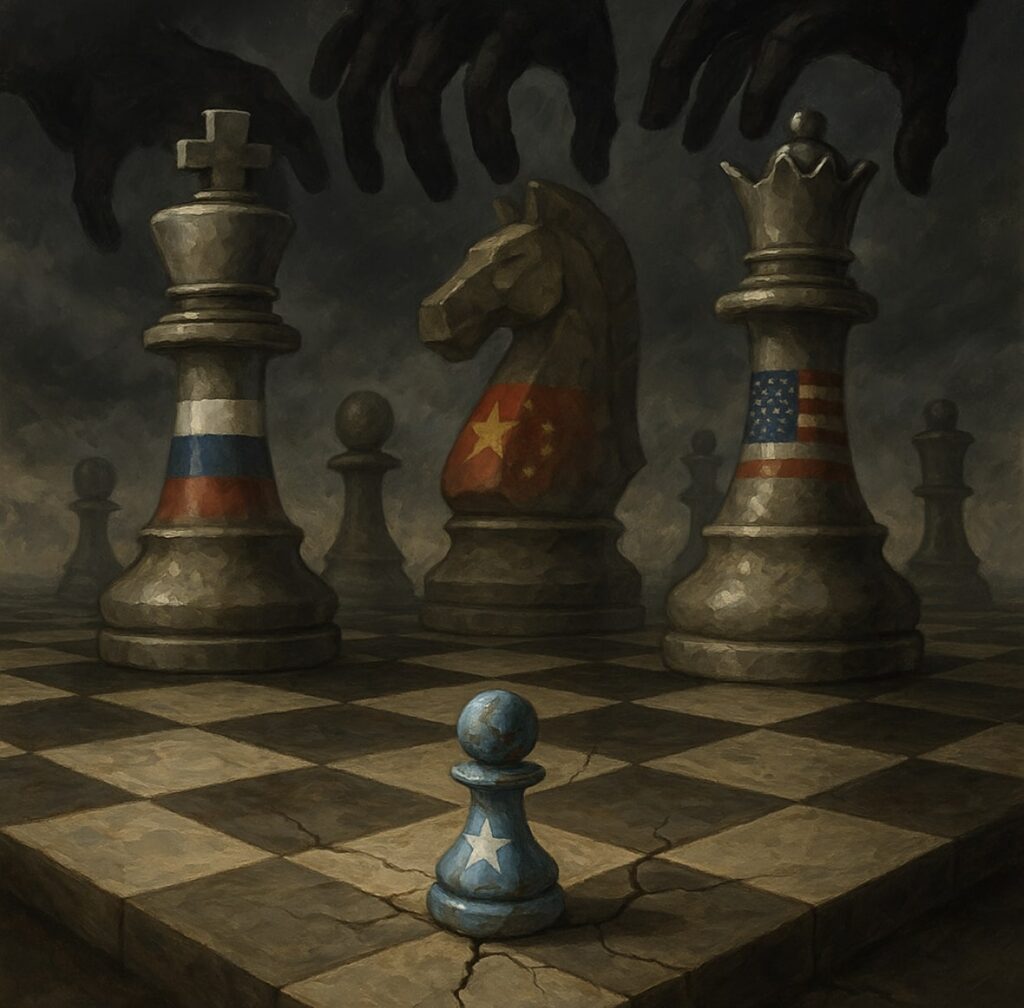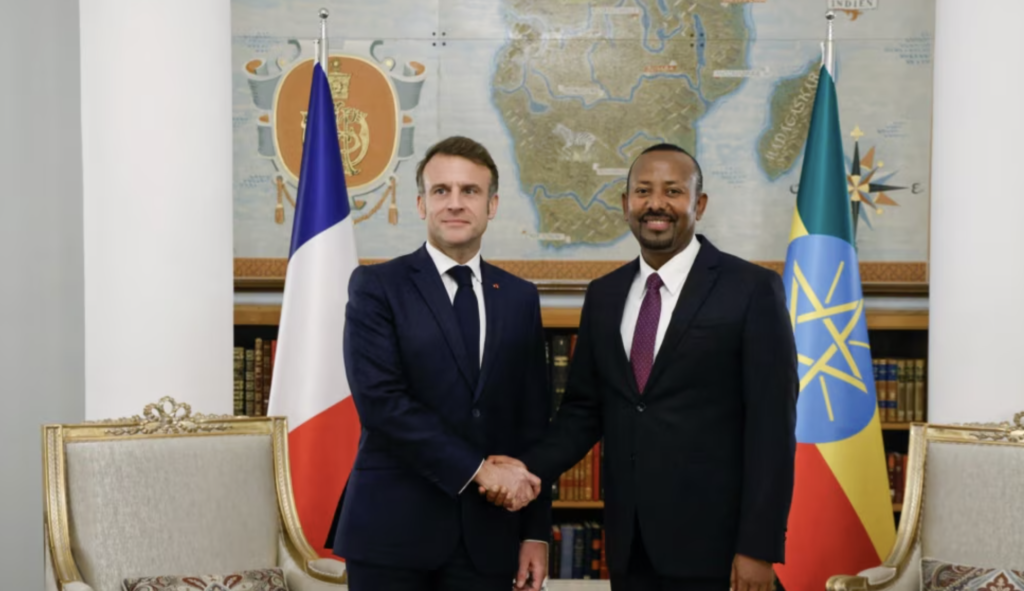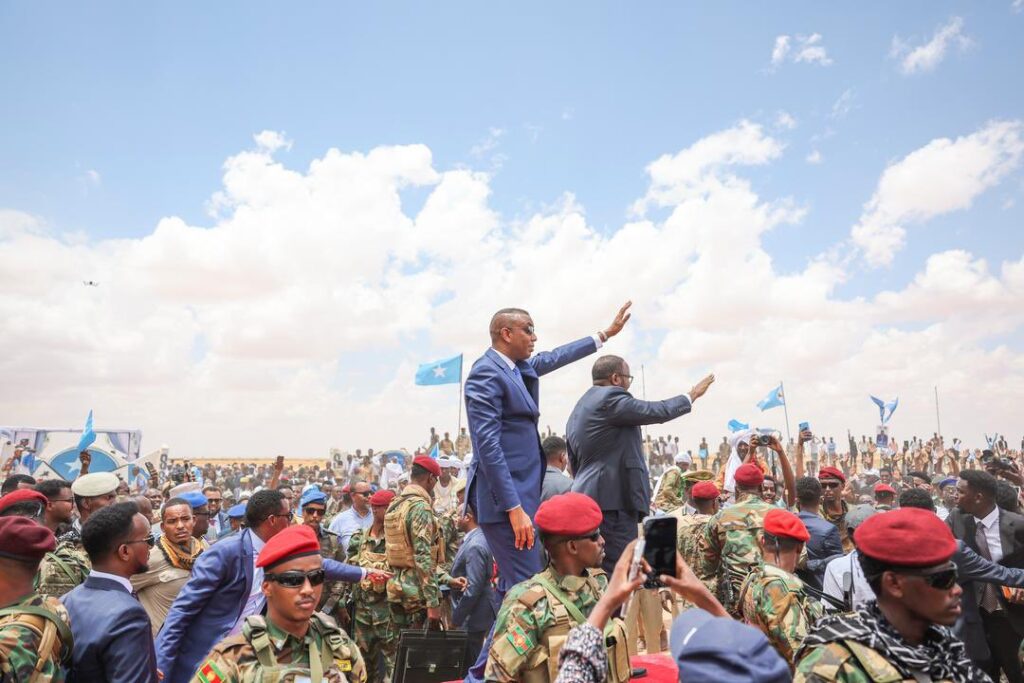When Love Guides the Home, Logic Takes a Backseat
Logic is often hailed as the engine of life, especially for those who are educated and understand the principles that shape the world. It governs decision-making, solves problems, and ensures rational outcomes. Yet, while logic serves as a compass in many aspects of life, it isn’t always the best guide at home. In the intimate space of family, love—not logic—should take the lead.
At home, love has the power to empower families, nurture children, and create a foundation for understanding and growth. Logic may provide structure, but love breathes life into relationships. This raises an essential question: What is love?
Love is more than a singular concept; it encompasses a multitude of actions and emotions. It’s caring for your loved ones when they need it most. It’s showing patience with your aging parents, even when it challenges your endurance. It’s striving to understand your children, even when their worlds feel completely foreign. Love is kindness, empathy, and a desire to improve the quality of life for those around you.
Unlike logic, which is rooted in reason, love is based on emotions and feelings. And while it is often difficult to practice, love is also the greatest tool we have to guide and discipline. Logic may analyze a situation, but love fosters connection.
Consider moments of vulnerability in family life. When your wife is dealing with the physical pain and emotional toll of her period—perhaps struggling with cramping and exhaustion—she doesn’t need the cold logic of being told to take medicine and get some sleep. Instead, she needs love and understanding, someone to hold her hand, listen, and reassure her that she’s not alone.
Similarly, when your child craves your attention and simply wants to be near you, logic might dictate handing them a book and telling them to read. But love? Love makes you grab a book yourself, sit them on your lap, and read together, sharing a moment that builds trust, connection, and joy.
Love doesn’t dismiss logic—it complements it. Together, they create a balanced approach. But in the home, where relationships are personal and emotions run deep, love should always lead the way.
A family guided by love is resilient. It fosters an environment where every member feels valued, supported, and understood. And ultimately, it teaches us that while logic is an essential tool for navigating the external world, love is the true force that builds a meaningful life at home. At the end of the day, the most profound lessons in life often stem not from what logic tells us to do, but from what love inspires us to become.





